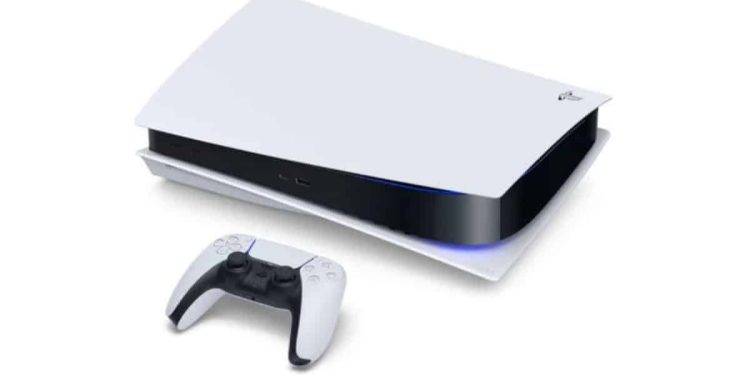The PlayStation 5 has quietly become Sony’s most profitable console ever, bringing in more operating income than all previous PlayStation generations combined. A recent investor presentation shared by Sony shows the PS5’s operating income at an impressive $13 billion, overshadowing the combined $10 billion from the PS1 through PS4 eras.
To put things in perspective, the PS1 era earned $3 billion, the PS2 brought in $2 billion, the PS3 lost $4 billion, and the PS4 made a solid $9 billion. Adding those up, the total comes to $10 billion, well behind the PS5’s figure.
There are some important details here. The report groups revenue by generation periods, so some PS4’s ongoing earnings are counted within the PS5 generation timeframe. Many players still use the PS4, so its revenue hasn’t stopped. Plus, the numbers aren’t adjusted for inflation, which favors the more recent PS5.
Comparing the console business now to the past isn’t straightforward either. Digital sales have become a much larger part of Sony’s income. Services like PS Plus have added steady revenue streams, and the growth of live service games with microtransactions has significantly boosted profits. Sony takes a 30% cut from every purchase made through the PS Store, which means ongoing titles like Fortnite, Call of Duty, and Genshin Impact have become huge earners.
Interestingly, over half of the PS Store revenue comes from just a few games, such as EA Sports FC 25, NBA 2K25, and GTA 5. This explains why Sony is eager to create its own live service hit and gain complete control over that revenue stream.
Some fans feel the PS5’s game library hasn’t kept pace despite its financial success. Cross-generation releases and a perceived dip in first-party titles have led to mixed feelings about the console’s value. However, plenty of new games are on the way, including notable first-party projects like Death Stranding 2: On the Beach and Ghost of Yotei, scheduled for release this year.
Wow, who would have thought the PS5 would out-earn all its predecessors combined? It makes you wonder how much of this success is tied to digital sales and microtransactions rather than hardware and traditional game sales. Are we witnessing a shift in how console success is measured? And what does this mean for the future of PlayStation’s game development priorities?

























